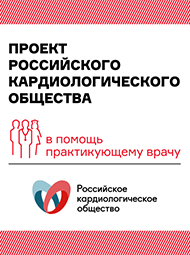Thrombolytic Therapy for the Treatment of Prosthetic Heart Valve Thrombosis in Pregnancy With Low-Dose, Slow Infusion of Tissue-Type Plasminogen Activator
Background—Prosthetic valve thrombosis during pregnancy is life-threatening for mother and fetus, and the treatment of this complication is unclear. Cardiac surgery in pregnancy is associated with very high maternal and fetal mortality and morbidity. Thrombolytic therapy has rarely been used in these patients. The aim of this study is to evaluate the safety and efficacy of low-dose (25 mg), slow infusion (6 hours) of tissue-type plasminogen activator for the treatment of prosthetic valve thrombosis in pregnant women.
Methods and Results—Between 2004 and 2012, tissue-type plasminogen activator was administered to 24 consecutive women in 25 pregnancies with 28 prosthetic valve thrombosis episodes (obstructive, n=15; nonobstructive, n=13). Mean age of the patients was 29±6 years. Thrombolytic therapy sessions were performed under transesophageal echocardiography guidance. The mean dose of tissue-type plasminogen activator used was 48.7±29.5 mg (range, 25–100mg). All episodes resulted in complete thrombus lysis after thrombolytic therapy. One patient had placental hemorrhage with preterm live birth at the 30th week, and 1 patient had minor bleeding.
Conclusions—Low-dose, slow infusion of tissue-type plasminogen activator with repeated doses as needed is an effective therapy with an excellent thrombolytic success rate for the treatment of prosthetic valve thrombosis in pregnant women. This protocol also seems to be safer than cardiac surgery or any alternative medical strategies published to date. Thrombolytic therapy should be considered first-line therapy in pregnant patients with prosthetic valve thrombosis.
Source: circ.ahajournals.org






